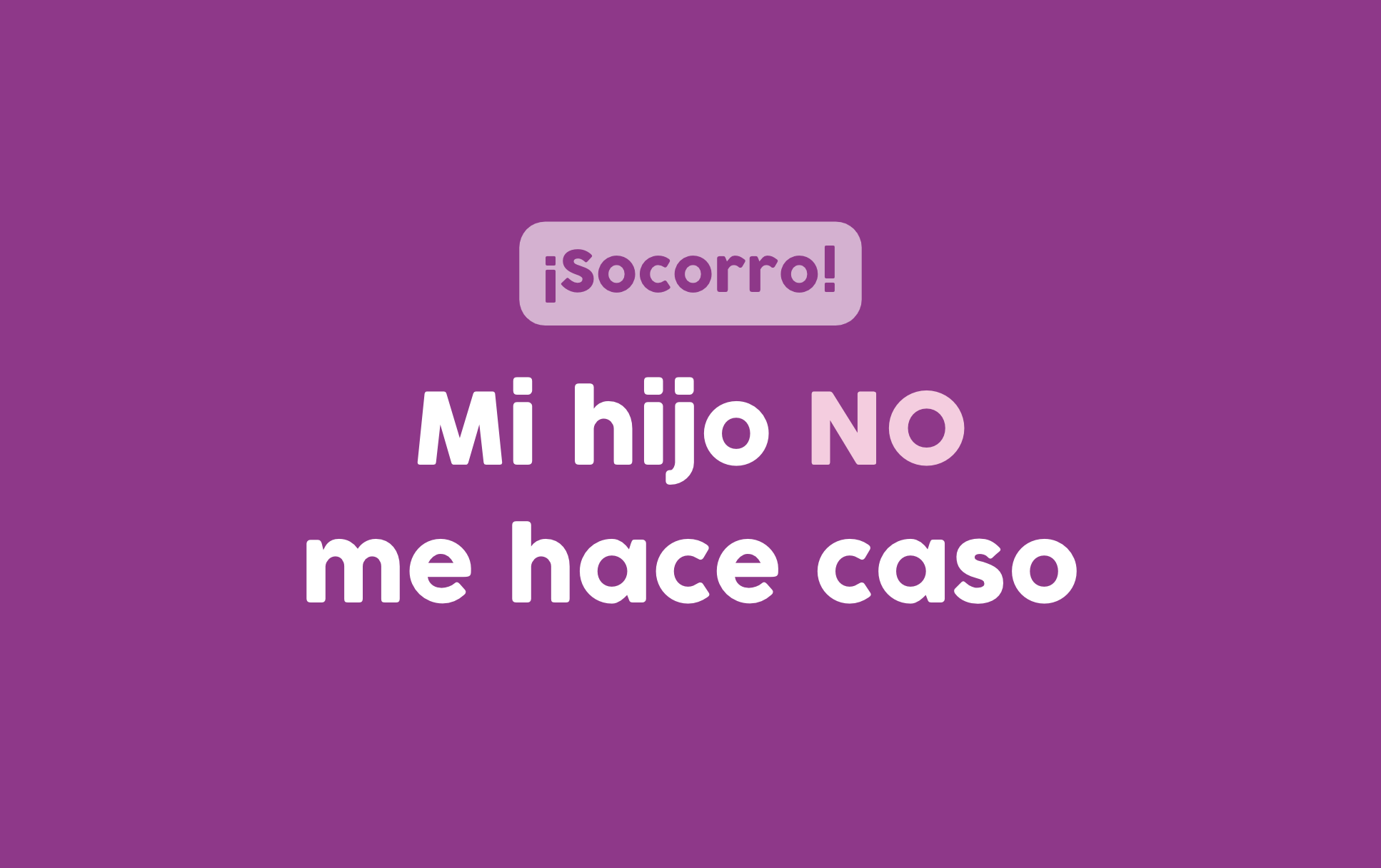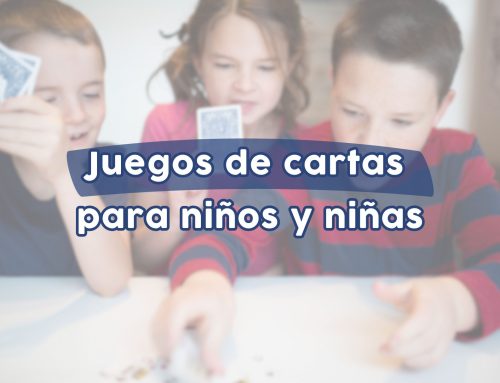Let's put aside power struggles
In today's post I share my new article “Help! My son doesn't listen to me” Published in the period. An issue that can be controversial, but written with the aim of inviting a change of look. You can read the original article in Catalan here. And below I leave you the Spanish translation:
Help! My son doesn't listen to me
«To dinner! Pablo, dinner is on the table! Pablo, I told you to come right now! Don't you listen to me?! And 10 minutes later, Pablo is still playing like the one who hears rain, while his father is about to lose his nerves (if he has not already lost them). Does this situation sound to you?
How easy it would be for children to pay attention to the first, right? Discussions and bad mood would end. That they collect their toys with a smile from ear to ear; They feel to eat without grinding, and already placed, without complaining about what is today to eat; Let them put on the sweater or take it off as we consider at all times ... would you add anything else to the desire list? 🙂
But no, children don't work like this. They do not always obey blind or ignore instantly. Fortunately!
Ah, great. So we let them do what they want? No, calm, I'm not saying this. Not everything is black or white.
Stop a moment to reflect. If I ask you how you would like your son to be in 20 years, what would you tell me? I doubt that among the qualities you have in mind are the following: that it is a submissive, influential, insecure person, to be carried out by others, to pay attention to the people who cross their way without considering whether it is convenient or not ... Don't you want that, I'm wrong?
Notice what The qualities that we value in adults are often those that bother us during childhood. We want submissive children, but who are not older. We want adults with initiative, but children who obey blind. We value adults who have leadership and negotiation capacity, but we don't want children to question our decisions. We often teach you what we don't want to be.
Every time we pretend that our child does what we ask without understanding the reason or under the pretext "Because I say that I am your mother, and point!", we are missing a Learning opportunity. You want to be able to calibrate and decide when not to obey and when not. That he is able to stop a partner's feet when he lacks respect, move away from an authoritarian couple, or claim a salary increase to his boss when he considers he deserves it.
In the example he put at the beginning of the article, Paul's father has a good reason why he wants his son to come to dinner as soon as possible: perhaps the food cools, maybe it is late and tomorrow there is a school, perhaps soon the Football game on TV and Dad wants to see him calm ... but at the same time, Pablo has his reasons why he does not go to the table: he is having a pipe playing, he is not hungry, he is not worried if it's sooner or later ...
The problem is not that our child ignores us. The problem is that We do not take into account that he has his own interests and needs. We focus only on demanding that they satisfy what we need at that precise moment. When we say “He ignores me” We are really saying “Do not do what I want at the time I want”.
And is that one of the most complicated issues in the education of our children is to reach agreements Without the blood reaching the river. It often becomes a challenge to negotiate the rules and limits, keeping us firm and friendly at the same time. The easy thing would be to react by shouting, punishing or using any type of blackmail. Thus the problem would end automatically. But when we know that the child we are raising will one day one day and that in his life he will need skills that allow him to be an complete and responsible person, then we go from having a short -term look that invites us only to suppress that behavior at any price and, instead, we decided take the long path, the one who educates not only for the moment but for life.
How can we get to agreements with our children without losing our nerves and training life skills? I leave you below some tools brushstrokes that I work in group formations and individual sessions that facilitate families and teachers, based on positive discipline. I anticipate that The change begins in the adult, not in the child. As? Changing our gaze. Leaving obedience aside and promoting cooperation. Some proposals:
- Establish routines involving your child.
- Anticipate what will come next.
- Validate your emotions.
- It offers limited options.
- Change requests for requests.
- Do not enter power struggles. It's not about winning the child, but about winning the child.
- Decide which limits are unnegociable. For me they are those who take care, for example: To cross the street you must shake hands.
If we want children to listen to us; Let's listen. If we want them to respect us; Let's respect. Improving the relationship with children is in our hands. Instead of trying to change the child at any price, Let's change us asking us what we are doing and how we are doing it. Not from guilt, but From responsibility.
Below I leave you a couple of entries related to positive discipline, in case you are interested in continuing reading on this topic:






